
Forged Flange
Forged flanges are commonly used in piping systems to connect pipes, valves, pumps, and other equipment.
They are manufactured through the forging process, which involves shaping metal by applying compressive forces using a hammer, press, or die. Forged flanges offer several advantages over flanges made from other manufacturing methods, such as casting.
Applications:
Forged flanges are widely used in various industries and applications where robust and reliable connections are required in piping systems. Forged flanges are extensively used in the oil and gas sector for connecting pipelines, valves, pumps, and other equipment.
Maintenance:
Maintaining forged flanges is crucial to ensure their reliability, longevity, and performance in various industrial applications.
Advantages:
- Keep the flange surfaces clean and free from debris, dirt, or other contaminants. Use mild cleaning agents and non-abrasive materials to remove any buildup or deposits.
- Apply corrosion-resistant coatings or treatments to forged flanges to protect them from corrosion and environmental degradation.
- Periodically check the tightness of bolts and nuts on forged flanges to ensure proper sealing and prevent leaks.
- Monitor operating temperatures and pressures in piping systems containing forged flanges to ensure they are within design limits.





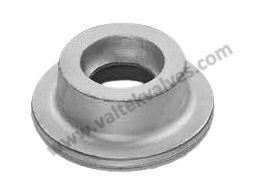
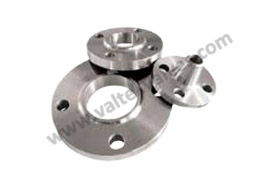
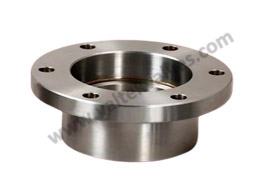
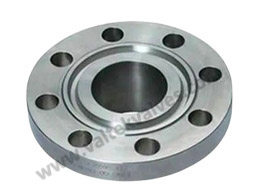
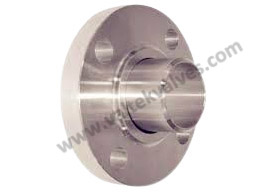
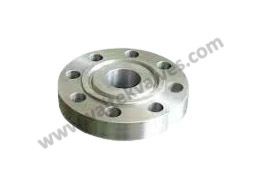













One of the best supplier i could ever found. Plus you are the best and cheapest.